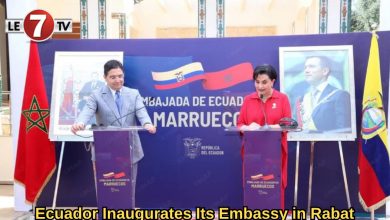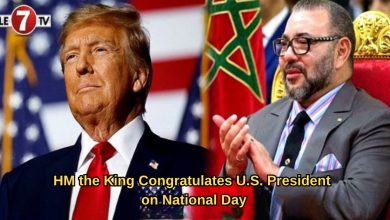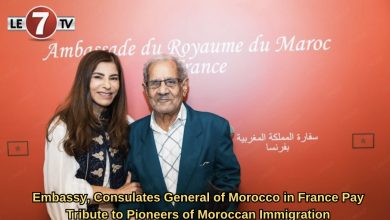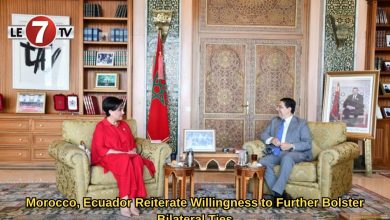The Washington Institute for Near East Policy: The Morocco-US Free Trade Agreement is a Catalyst for Growth in Africa
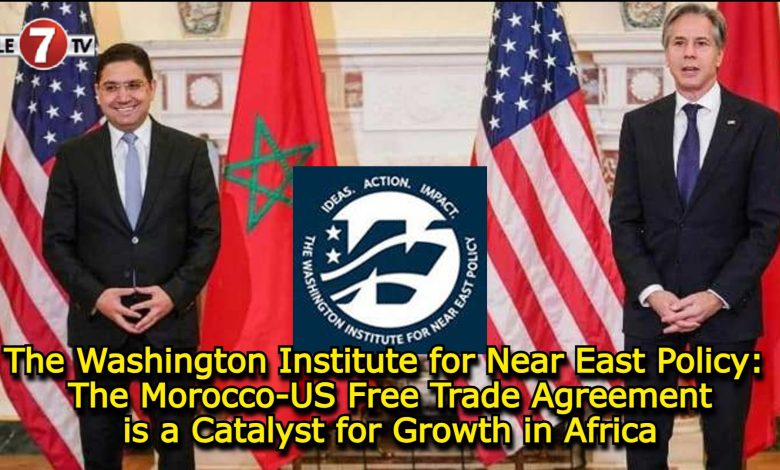
The Free Trade Agreement (FTA) between the United States and Morocco reflects a strong partnership that can act as a catalyst for growth and economic inclusion in Africa, emphasized the American think tank “The Washington Institute for Near East Policy.”
Thanks to this agreement, signed in 2004, trade between the two countries has more than quadrupled, noted the research center in an analysis by Sabina Henneberg. She also highlighted the importance of the FTA in strengthening the Morocco-US strategic partnership on the political level.
The analyst referred to the confirmation by President Joe Biden’s administration of the decision made by his predecessor, Donald Trump, recognizing Morocco’s full sovereignty over its Southern Provinces. This position, now the “anchor point of bilateral relations,” will be maintained regardless of the outcome of the upcoming US presidential elections in November, noted the expert. She also pointed to the international momentum on this issue with France’s recent decision to support Morocco’s sovereignty over the Sahara.
Sabina Henneberg further remarked that Morocco is one of the few countries to have signed such an agreement with the United States and the only one in Africa. She added that Washington aims to promote economic growth and trade across the continent and can leverage Morocco’s role as a “facilitator” of growth and investments in Africa.
“Morocco is well-positioned to facilitate and benefit from economic growth and investment in Africa,” through trade agreements with various partners, in addition to the signing of the African Continental Free Trade Agreement (AfCFTA), she explained. Morocco has become one of the leading African countries in terms of foreign direct investment (FDI).
Citing Morocco’s economic progress over the last two decades, the author noted that the Kingdom has experienced significant economic growth in recent years.
The American research center also referenced Morocco’s reforms, such as the adoption of the new Investment Charter and the launch of major infrastructure projects like the high-speed railway and the Tanger-Med port. These initiatives have reinforced Morocco’s position as a nearshoring destination.
Looking ahead to the future of Morocco-US economic relations, the Washington Institute for Near East Policy suggested that both parties would benefit from further promoting investments and focusing on high-value industries that generate employment.





